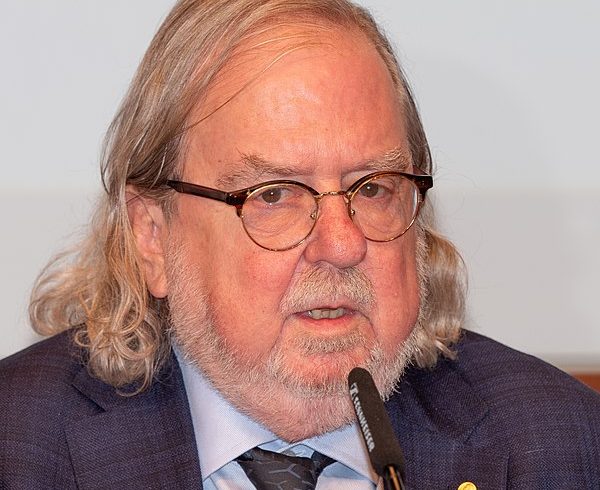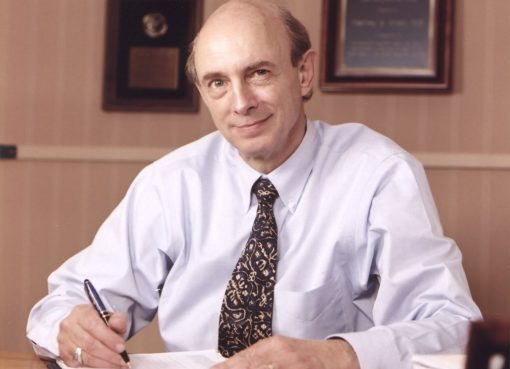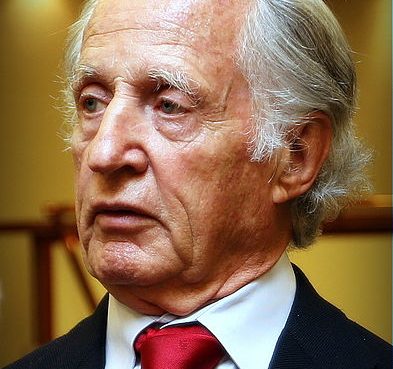The Nobel laureate, the childhood story of whom I am going to tell today, was the recipient of award in Physiology and Medicine in the year 2018. A renowned immunologist by profession, he got this prestigious award for his outstanding contributions in the field of cancer immunotherapy. Yes, I am talking about James Allison.
James Allison was born in Alice, Texas in the United States in the year 1948. He grew up in Allice with two of his elder brothers. As a child, he was not fond of playing football like most children of his age in the village; rather he enjoyed reading books, engaging with scientific experiments like dissecting frogs and making country bombs to explode in the garden. On the whole, his childhood hobbies were not like that of the others of his age. Later in his life, Allison became an immunologist and contributed immensely in the area of cancer treatment.
His encounter with cancer was very early in his life as he lost his mother to this disease at the age of 11. He wrote this experience in his autobiography submitted to nobelprize.org as “My Mom died when I was 11 years old. This was my first loss to cancer. At the time, I didn’t know it was cancer because people simply did not speak of such things during those days. All I knew was that my Mom was getting sicker and spending increasing amounts of time in bed. She would go to the hospital for treatment and come back with burns on her neck. I later learned that she was suffering from lymphoma and was receiving radiation therapy, the standard-of-care treatment at the time. One morning in summer of 1960, as I was leaving with family friends to go swimming, I was told to go back inside and see my Mom. I sat at her bedside and held her hand as she died.” Thereafter, he had to face two more deaths in the family because of cancer, one of his uncles died from melanoma while another from lung cancer. These personal traumas made him to decide to do something for cancer treatment even before joining high school.
He completed high school in Allice and then moved to Austin, Texas for undergraduate and graduate education at the University of Texas. During the second year of his undergraduate studies, he decided that he wanted to take up research as a career rather than becoming a physician, because as a physician, one needs to be always accurate while scientists in the lab are at liberty to make mistakes and many a time mistakes lead to amazing new findings. His interest to carry on research in biological sciences and to make a few extra bucks as a student led him to join a biochemistry lab in the university as a dishwasher, although eventually he joined the same lab for his PhD.
Allison completed his PhD from the University of Texas and joined as a post-doctoral scholar in the Ralph Reisfeld’s laboratory at Scripps Clinic in La Jolla, California. In the year 1997, he joined M. D. Anderson Cancer Center in Houston as an Assistant Professor. During the path of his illustrious career, Allison decorated many important positions in different prestigious institutions. His works on cancer immunology could directly benefit patients’ lives and have been published by many leading journals in that field. For his contribution to cancer immunotherapy he was subsequently awarded with Nobel Prize in the year 2018.




